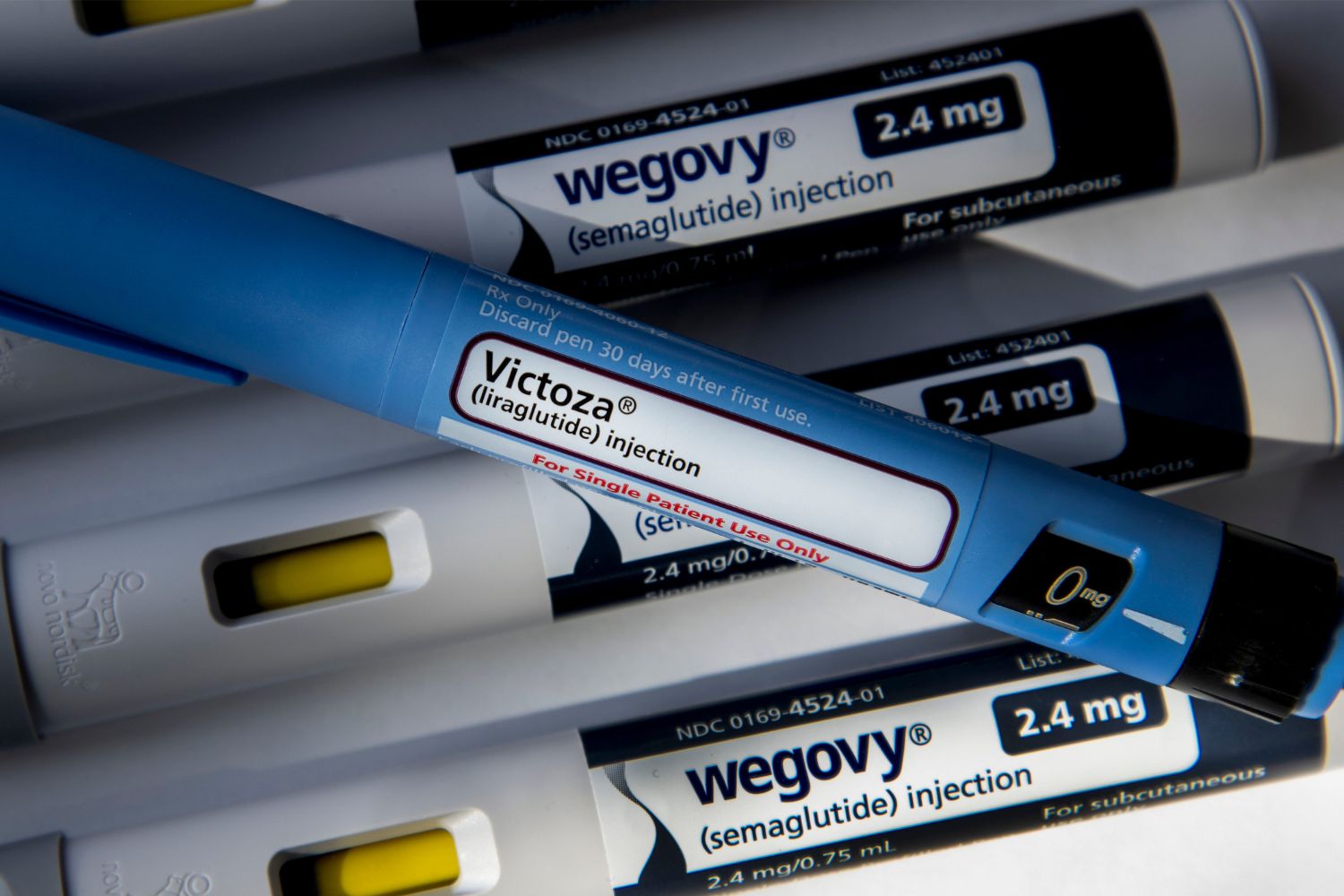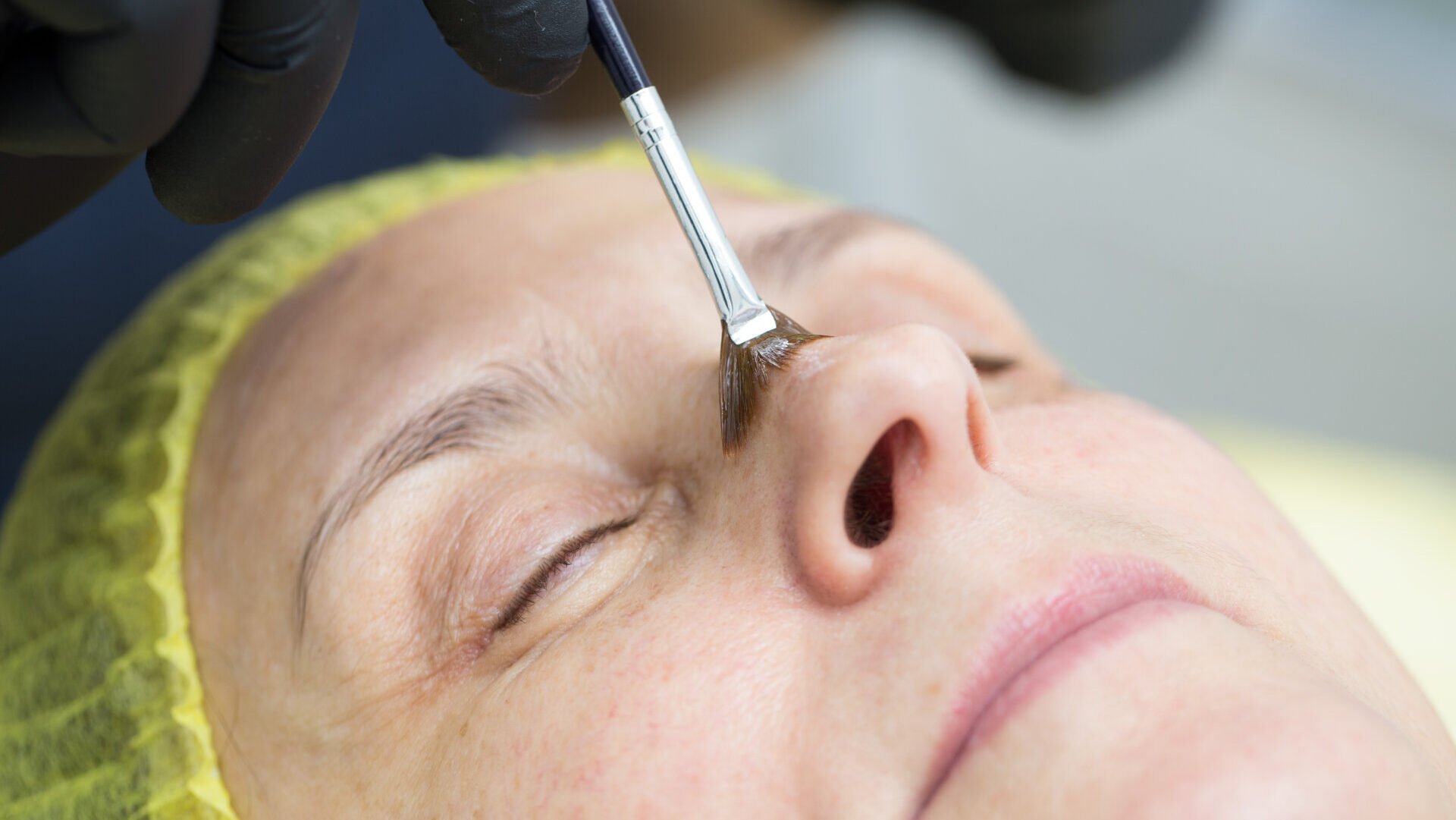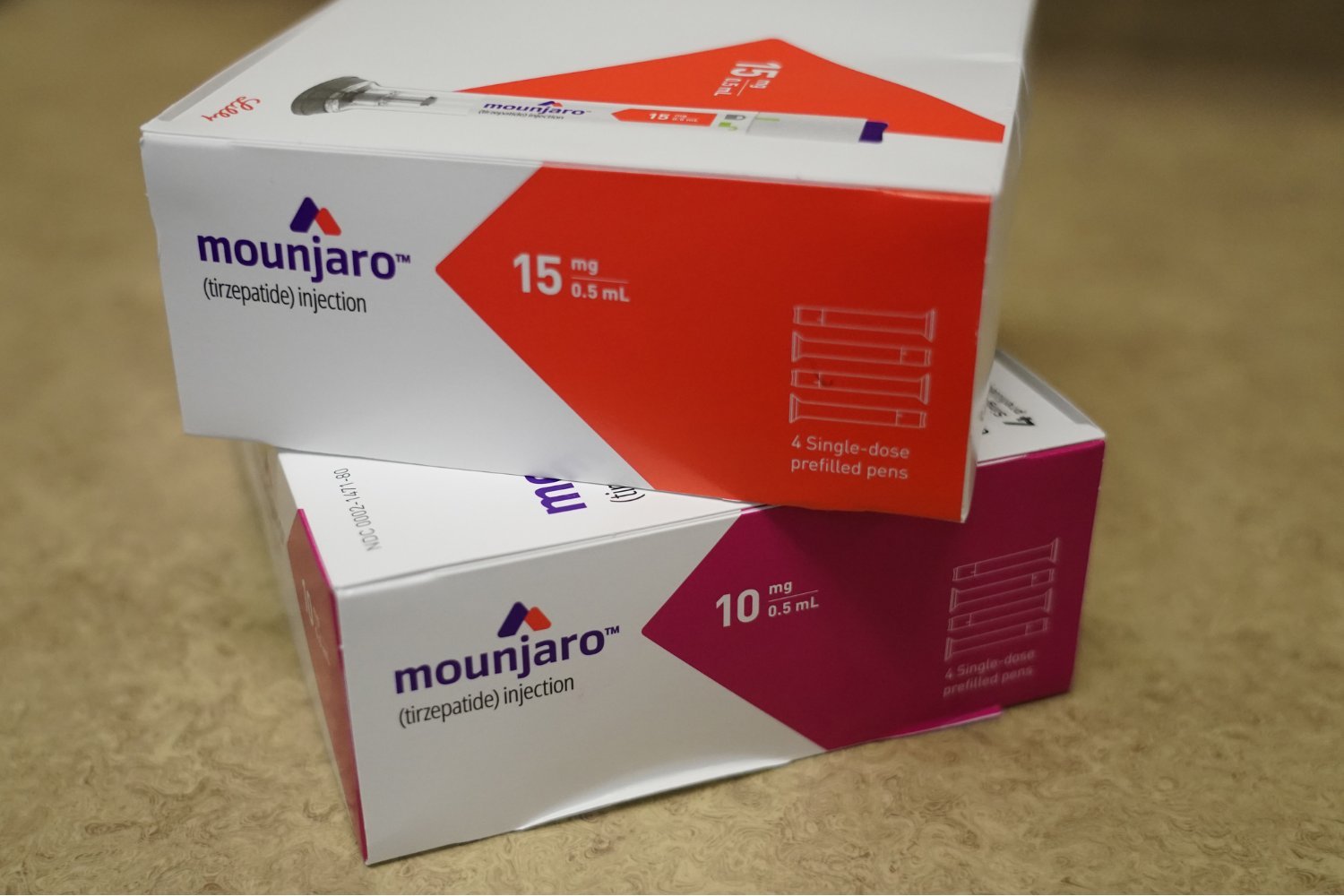The World Health Organization (WHO) has issued a warning about the rise of a “hypervirulent” strain of Klebsiella pneumoniae, a superbug resistant to even last-resort antibiotics. This concerning development poses a significant threat to global health, as these strains can cause severe illness in anyone, regardless of their immune system status. While the true extent of the spread remains unknown, the WHO is urging countries to strengthen surveillance and improve detection methods.
Klebsiella pneumoniae is a common bacterium found in the environment and within the human microbiome. While it typically resides harmlessly in areas like the mouth, skin, and gut, it can become opportunistic, causing infections, especially in individuals with compromised immune systems or underlying health conditions. The bacterium can particularly cause problems when it reaches the lungs or other internal organs.
Over time, K. pneumoniae has developed resistance to commonly used antibiotics, posing a growing challenge to healthcare providers. More recently, increasingly prevalent strains have emerged that resist even carbapenems, powerful antibiotics considered a last line of defense against superbugs. These hypervirulent strains, specifically hvKp sequence type 23 (hvKp ST23), are alarming because they can severely infect healthy individuals as well.
In response to the growing number of reported cases, the WHO’s Global Antimicrobial Resistance and Surveillance System (GLASS-EAR) surveyed countries worldwide to ascertain the prevalence of hvKp ST23. Out of 43 responding nations, 16 reported hvKp cases, including the U.S., Canada, the UK, and Japan, with 12 specifically confirming hvKp ST23. However, the WHO acknowledges that these numbers likely underestimate the actual spread due to limitations in detection and surveillance capabilities.
The current lack of systematic surveillance and diagnostic tools for hvKp poses a significant hurdle in accurately assessing the global threat. Identifying hvKp requires specialized genomic sequencing or analysis of specific markers, capabilities not readily available in many regions. This diagnostic gap hinders effective tracking and management of the superbug.
The WHO currently classifies the risk level of hvKp ST23 as moderate, emphasizing the need for more data to fully understand its scope and potential future impact. The organization strongly recommends that countries enhance their surveillance efforts by raising awareness among healthcare professionals, laboratories, and public health systems about the threat of hvKp. This includes improving diagnostic capacity to ensure early and reliable identification, along with reinforcing molecular testing and analysis capabilities to detect both virulence and resistance genes. The focus is on strengthening global preparedness and response to this emerging superbug threat.
In conclusion, the rise of hypervirulent Klebsiella pneumoniae strains, especially hvKp ST23, presents a serious concern. These antibiotic-resistant bacteria can cause severe infections in both healthy and immunocompromised individuals. While the current prevalence is uncertain, the WHO’s call for enhanced surveillance and improved diagnostic capabilities underscores the importance of global collaboration to address this evolving threat effectively.











